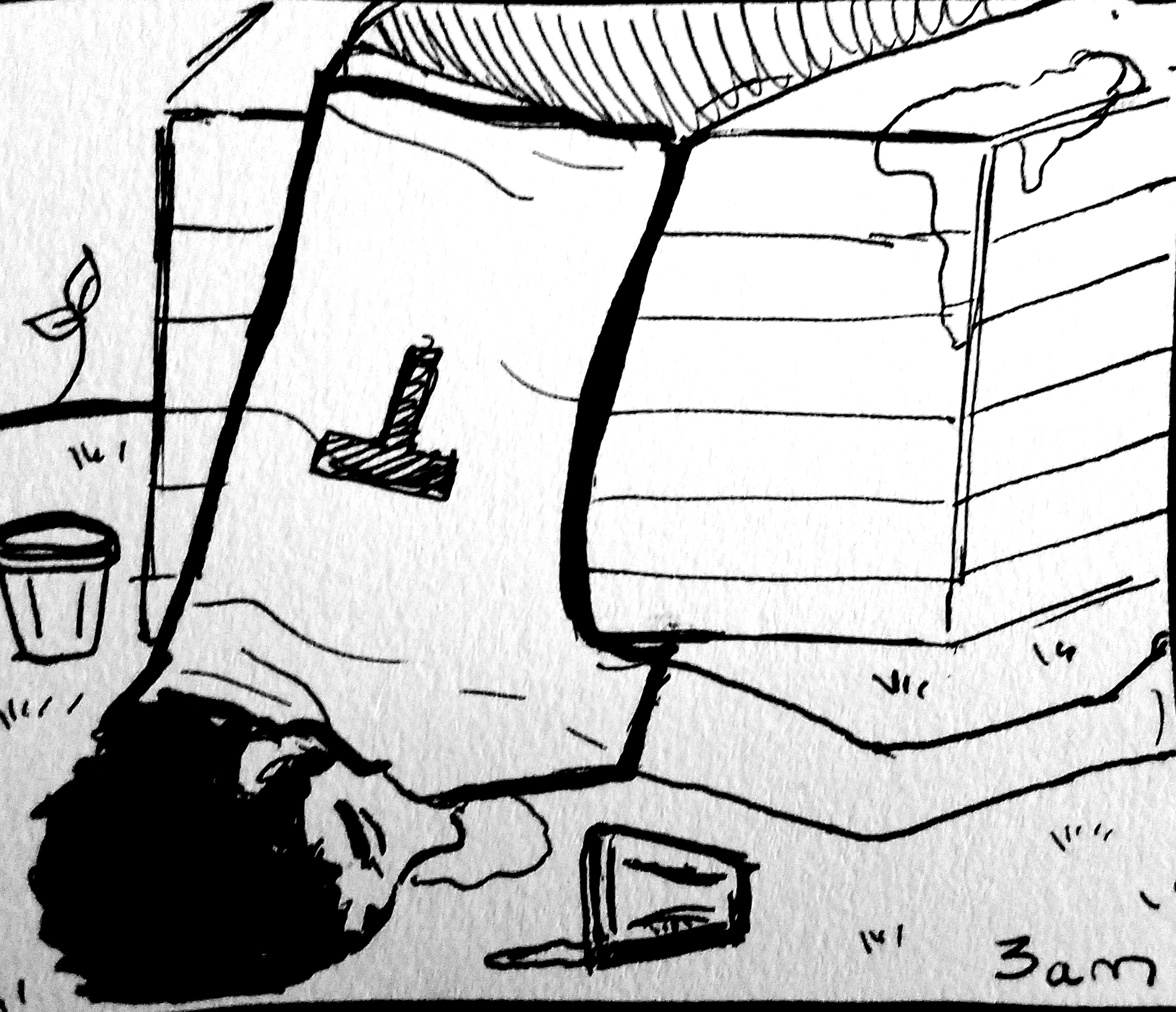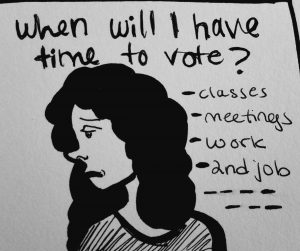By MATT EPSTEIN ’19
STAFF WRITER
In 2012, then President of Trinity, James Jones, imposed a co-ed mandate on Greek Life Organizations on campus in a failed attempt to combat Trinity’s reputation as a party school and Trinity’s slip in national rankings. Since his departure, the co-ed mandate has been reversed, and Trinity has begun to slowly ascend the ranks of liberal arts colleges again but the question still remains: does Trinity have a “drinking problem?” While most students would probably contend that our drinking culture is not much different from any other college, Dean of Campus Life Joe DiChristina’s decision to bar alcohol from the Homecoming tailgate has demonstrated that Trinity’s administration feels otherwise.
Throughout history, substance bans have shown to be ineffective. From prohibition in the 1920s to today’s “war on drugs” it has become painfully obvious that telling people “you can’t have that” does not work. Nationally, nearly 80 percent of college students drink –– many of whom are likely under 21. However, a more telling statistic is that according to Villanova University, nearly 70 percent of college students who drink report that they have four or fewer drinks when they choose to drink. Although anyone who has spent a Saturday night on Vernon Street will tell you that binge drinking is rampant on our campus. The question is if it is Trinity’s job to intervene? The answer is probably yes, but in a way far different from how the administration approached the issue this past weekend at Homecoming.
During First-Year Orientation, incoming students attend workshops that, among other things, stress the importance of responsible drinking. What is Trinity’s message to students here? Being buzzed is fun, waking up in Hartford Hospital is not. If the administration thinks that our community has a “drinking problem,” this is how they should combat it.
While Dean DiChristina cited instances of underage drinking as a reason for the dry tailgate area, anyone who has been out at night on a weekend can tell you that the main goal of Hartford police on campus is ensuring the safety of students. While rules are rules, Campus Safety could have simply conducted ID checks at the tailgate, ensuring that those drinking were of age. Instead, Trinity’s actions have shown that public image, and not student well-being, is the driving force in the decision-making process. For those (both over and under 21) who wished to drink this past weekend, the alcohol-free tailgate certainly did not stop them. Instead, those who wished to drink likely did so in their rooms, and in greater volumes since once outside, the drinking was not allowed.
While Trinity’s reputation as a “party school” is not something that most of us want, public relations should not come at the cost of student safety. By banning alcohol from the student tailgate, not only did the administration miss an opportunity for productive dialogue about our drinking culture, but made the weekend more dangerous for those choosing to drink.
Any reasonable person might think to themselves, “there might be underage drinking at fraternities also, why not ban alcohol there this weekend as well?” The answer? Trinity can easily shirk the blame when alcohol related incidents happen at a fraternity.
In short, the actions of Trinity’s administration this weekend have shown that PR strategy, and even the preferences of one administrator, are more important than student wellbeing, something that should concern us all.
Does Trinity’s Social Culture Need a 12-Step Program?




+ There are no comments
Add yours